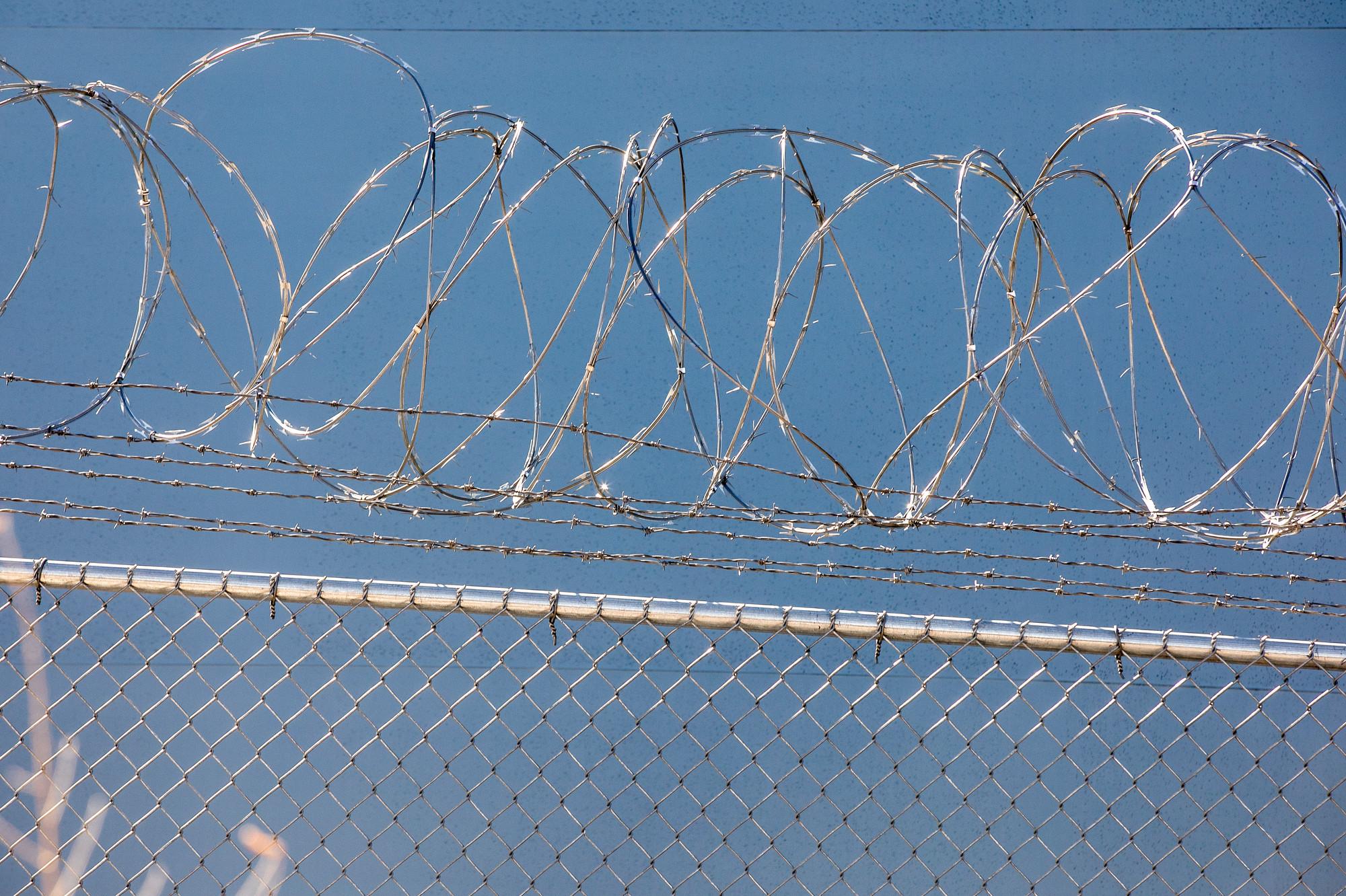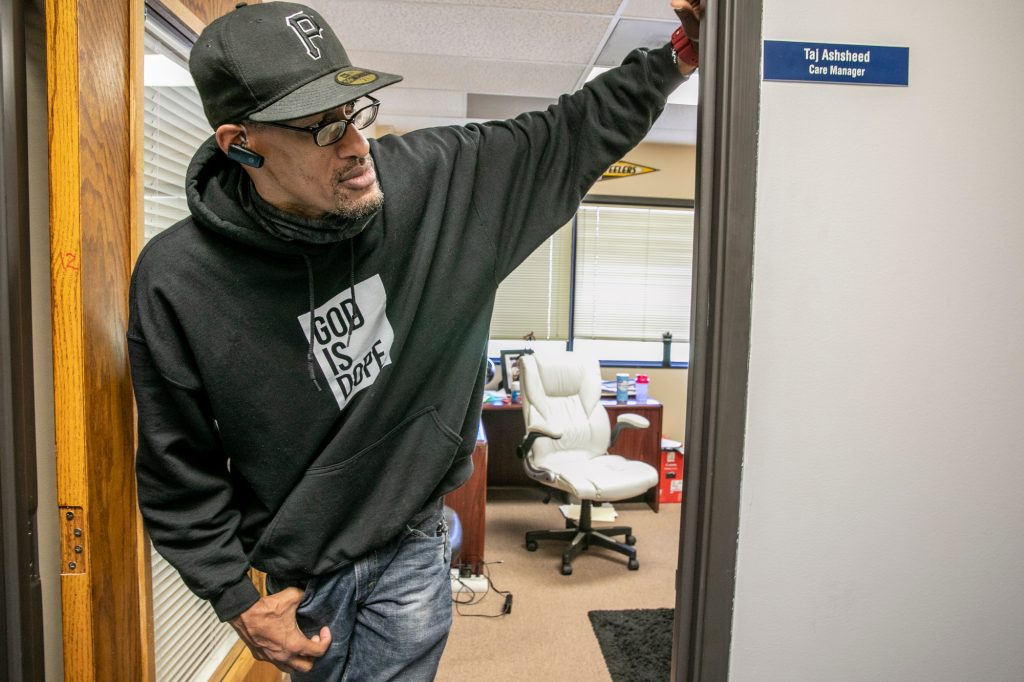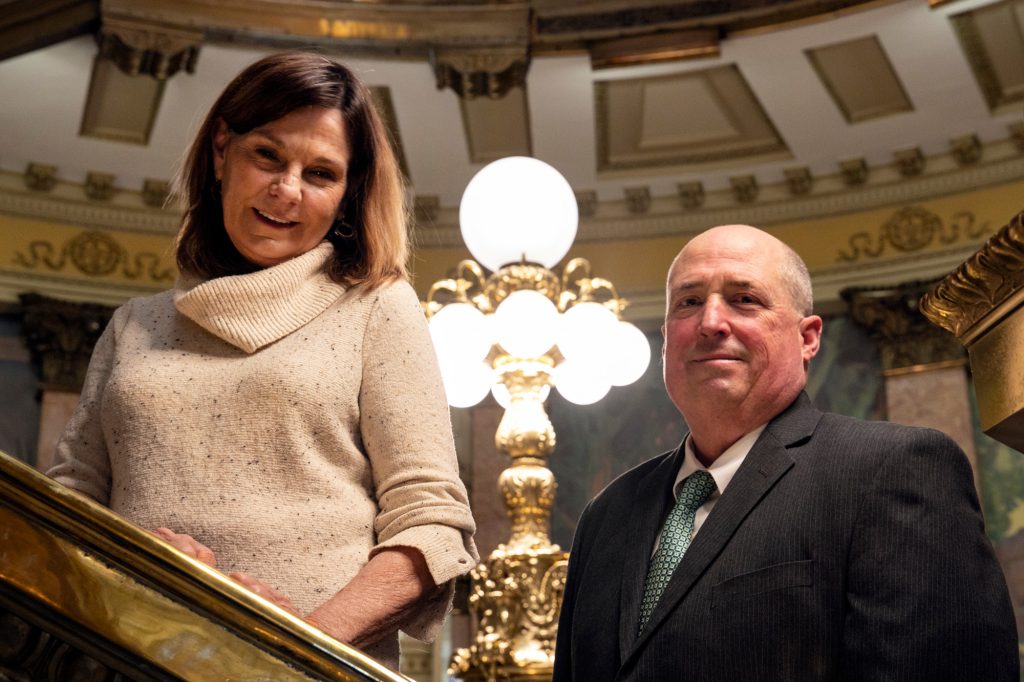
Should paddleboarding while drunk be a misdemeanor? Should it be treated differently than boating while drunk?
What about not registering a vehicle — is that a crime, or should that just be a ticket? What about juvenile fishing without a license?
Last fall, an unlikely group of bedfellows — community activists and public defenders and prosecutors — began meeting to go line by line through all of Colorado’s 1,100 misdemeanors to decide what to do with them: Asking whether any should be combined into broader categories, downgraded, or struck from the books altogether.
The discussions and debates lasted hours at a time, for months on end.
What about killing trophy animals? What about picking the state flower? What about abandoning a vehicle in a public parking lot?
Boulder District Attorney Michael Dougherty, who worked in the consensus group, said eliminating redundancy and simplifying crimes will help everyone involved in the criminal justice system.
“There were so many duplicative offenses,” he said. “There was theft and then theft of a newspaper and theft from an innkeeper … It should just be theft.”
Some of the laws hadn’t been prosecuted in decades — or even in the last couple of centuries. There were violations in state statute that stretched back to the 1800s regarding cattle theft. There was one about unlawful abandonment of an icebox.
The group weighed which offenses are actually a public safety risk versus those that are just irritating. Each side got some and gave some — a true example of collaboration and negotiation.

Reforming misdemeanors can close a 'gateway' to the prison pipeline.
This effort was undertaken by a subcommittee of the state’s bipartisan Commission on Criminal and Juvenile Justice and eventually received consensus from virtually everyone on the commission, which runs the gamut from former felons to law enforcement officers.
The result: A 366 page bill introduced Thursday that aims to overhaul how the state’s criminal justice system both handles and sentences misdemeanors. The bill has support from Republicans, Democrats and Gov. Jared Polis.
And if passed, the law will affect thousands of Coloradans a day in the criminal justice system.
“The idea was to make it a bit more rational,” said Taj Ashaheed, who works at the Second Chance Center, an organization that provides help to people coming out of prison. “We’d look at these crimes, the severity, the punishments of them: is that rational? Is that fair?”
Even though misdemeanors are punished with jail time, not prison time, Ashaheed called them a “gateway” to the prison pipeline. They can also catch people on parole who commit a small offense, sometimes inadvertently, while trying to rebuild their lives. That violation can be a ticket back to prison.
“Is that the society you want, where if you do this traffic infraction, it could result in you going to prison?” he said.
A new system of defining misdemeanors wants to make sure the punishment fits the crime.
A huge part of the proposal is a proposed new sentencing grid. It represents hours of debate about the punishments that fit the crimes.
The group broke down crimes and punishments down to four categories:
- Misdemeanor 1 — The most serious offenses. Something like a bar fight or domestic violence would fall into the most egregious end of this category. This could carry up to 364 days in jail.
- Misdemeanor 2 — Compared to misdemeanor 1s, which are generally crimes against people, these are more often crimes against property, or crimes of reckless endangerment. They would carry up to 120 days in jail.
- Petty offenses — This could be very low-level shoplifting or criminal mischief with damage under $300. These offenses could carry up to 10 days in jail.
- Civil infractions — These aren’t crimes, but they could result in a ticket. Under the bill, dozens of traffic offenses, like not registering a vehicle, would be changed to a civil infraction. These are not punished with any jail time.
Under the current system, how much time a person spends in jail for a certain offense can depend a lot on the sheriff running the jail. Some sheriffs will shave up to half the time off a person's sentence for good behavior.
“What one side of the room wanted was shorter sentencing ranges and what the other side of the room wanted was certainty in sentencing, so if you get three months, we can all tell … a victim, how much time that person is really going to serve,” said Tom Raynes, head of the Colorado District Attorneys Council. “It was all over the board and it was a frustration.”
Raynes said to reach a deal the prosecutors gave up time on maximum sentences, but sheriffs won’t be allowed to shave off any more than 10 days per month — and that would be for people serving who have reached “trusty” status, or on good behavior.
Boulder DA Dougherty also noted that sentencing consistency will make more sense for everyone involved in the criminal justice system.
“Someone serving 60 days in Durango, Pueblo or Denver should be getting out on the same day,” he said.

Some felonies, including prostitution, were restructured into misdemeanors.
Both Raynes and Maureen Cain, legislative and policy director at the state Public Defender’s Office, said the effort was rewarding — particularly since they got to a consensus.
Cain said she approached it not believing in the current system of “carceral” justice — that is, putting people behind bars for most offenses — instead, she wishes it was more restorative. But she took the opportunity to participate because she figured it might be a small step toward restructuring the criminal justice system in a positive way.
“This would take, I suspect, thousands of cases potentially in the traffic code off the jail table, while absolutely capturing the more serious ones,” she said. “Making sure we kept DUI intact, DWAI intact. We actually elevated vehicular homicide and vehicular assault while impaired … (The criteria was), 'what’s scary?' We looked at it and said, 'is this scary?'”
Cain said there are a few examples of low-level felonies they brought into the misdemeanor fold — including contributing to the delinquency of the minor.
The way the law is currently written and filed by prosecutors, all contributing to delinquency cases are felonies. Even low-level situations, like a 21-year-old giving a 15-year-old cigarettes, could result in a felony charge.
The new proposal takes into account what happened — was it cigarettes? That would be a misdemeanor case. Is it a gun? That would be a felony, she said.
Prostitution was also debated and the new proposal makes engaging in the act, from either side, a petty offense, down from a misdemeanor. Higher charges could be filed against someone “brokering” a deal. Human trafficking, which involves coercion, remains a felony.
Building trust between activists, public defenders and prosecutors.
The hours of debate — and give and take from both sides on issues like this — built trust, Cain said.
“I could bring in our client experience from the public defenders’ experience,” she said. “We knew each other. We could laugh and talk in shorthand and we built a foundation.”
She and Raynes with the District Attorney’s Counsel both said they were astounded at the number of misdemeanors they had to plow through.
“(The state is) adding 20 to 30 offenses a year and it just gets to a point of inefficiency and in some cases absurdity,” said Raynes. “Working together, we knew egos, individual accolades and desire for attention were going to be left outside the room. If you were willing to participate in this … check that stuff at the door and let’s think through this.”
This is one of many efforts undertaken by the Commission, or CCJJ for short, since then Gov. Bill Ritter formed the group in 2007. Ritter said he was hoping that multiple stakeholders could regularly get together, ahead of legislative sessions, to accomplish big reform without all the divisiveness often seen at the Capitol.
“At the time when I was governor, criminal justice wasn’t really the thing to do like it is today,” Ritter said. “It’s always a balance between people’s liberty and (the) community’s security. Are communities safe? Are we keeping people in prison too long or too short? What’s the right mix?”
The work also paves the way for a similar — but likely much more divisive — undertaking the group is preparing for next year: They plan to do a similar review of Colorado's felonies.








